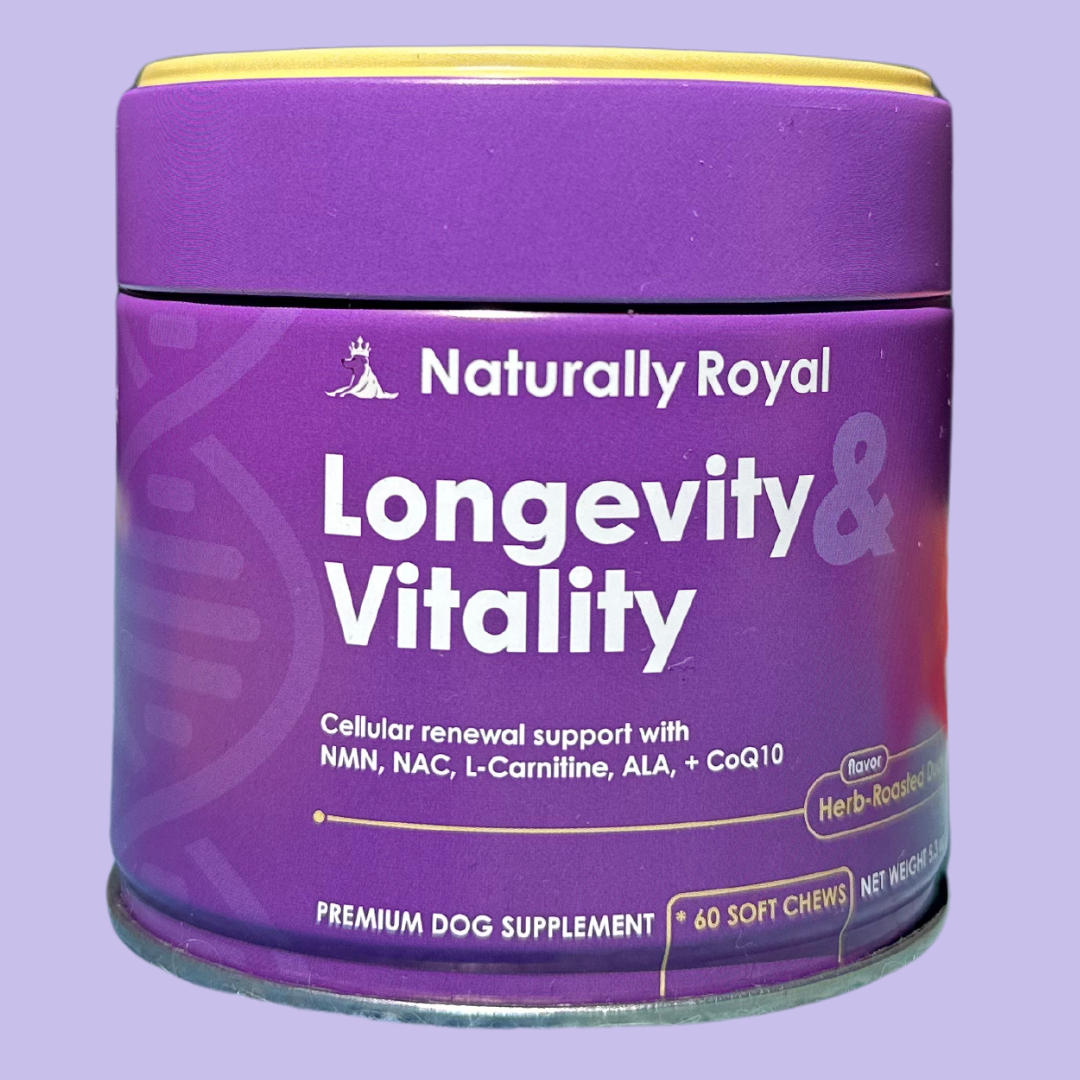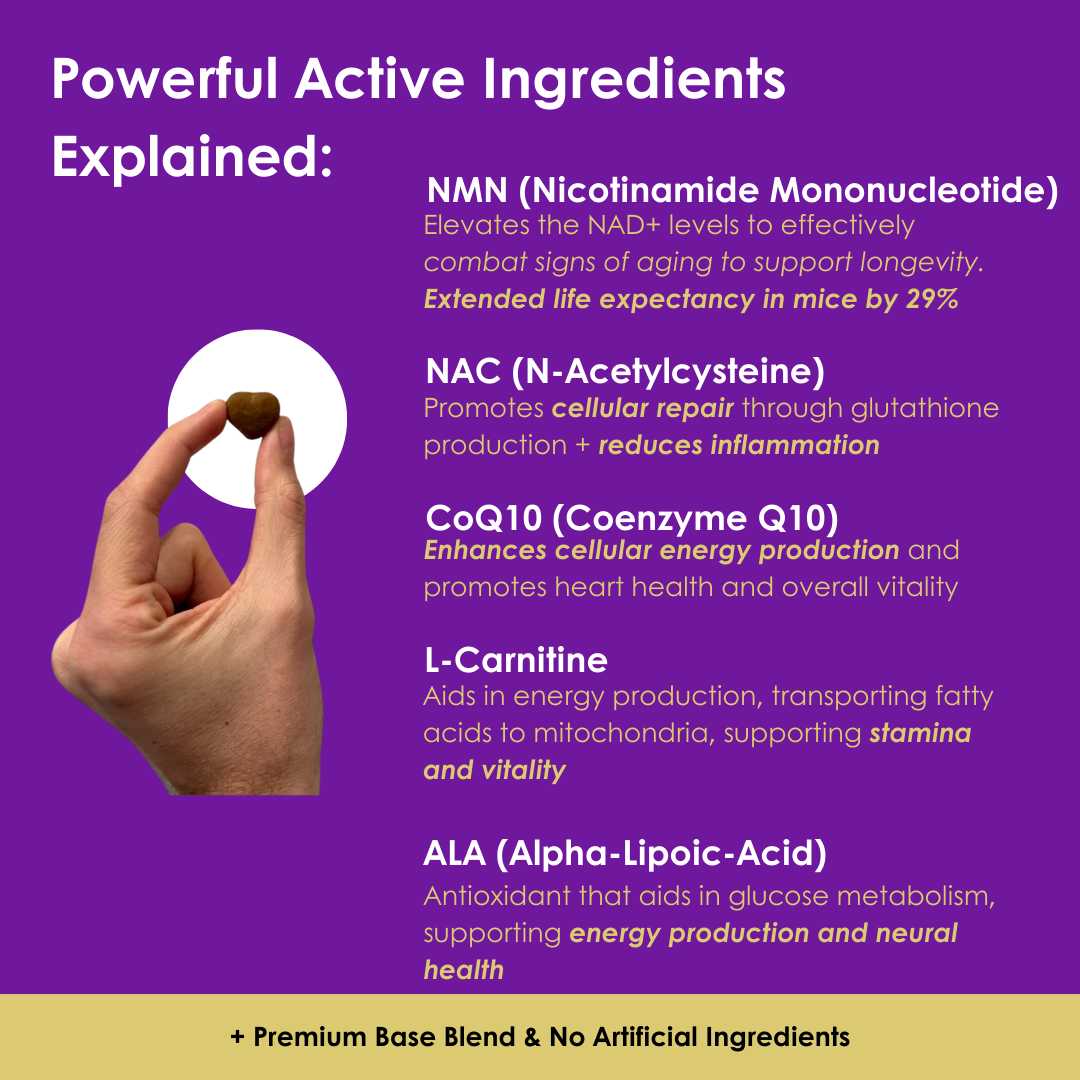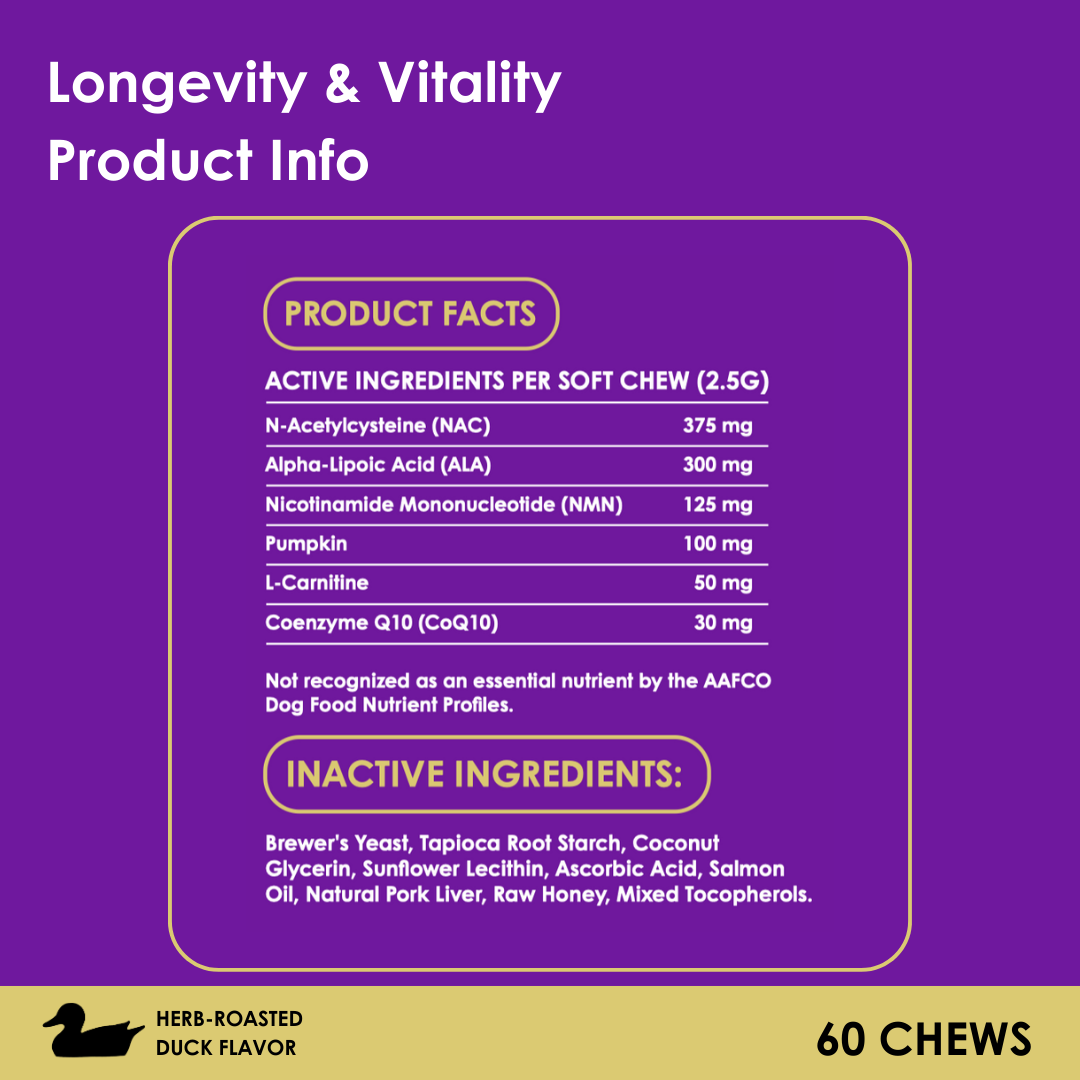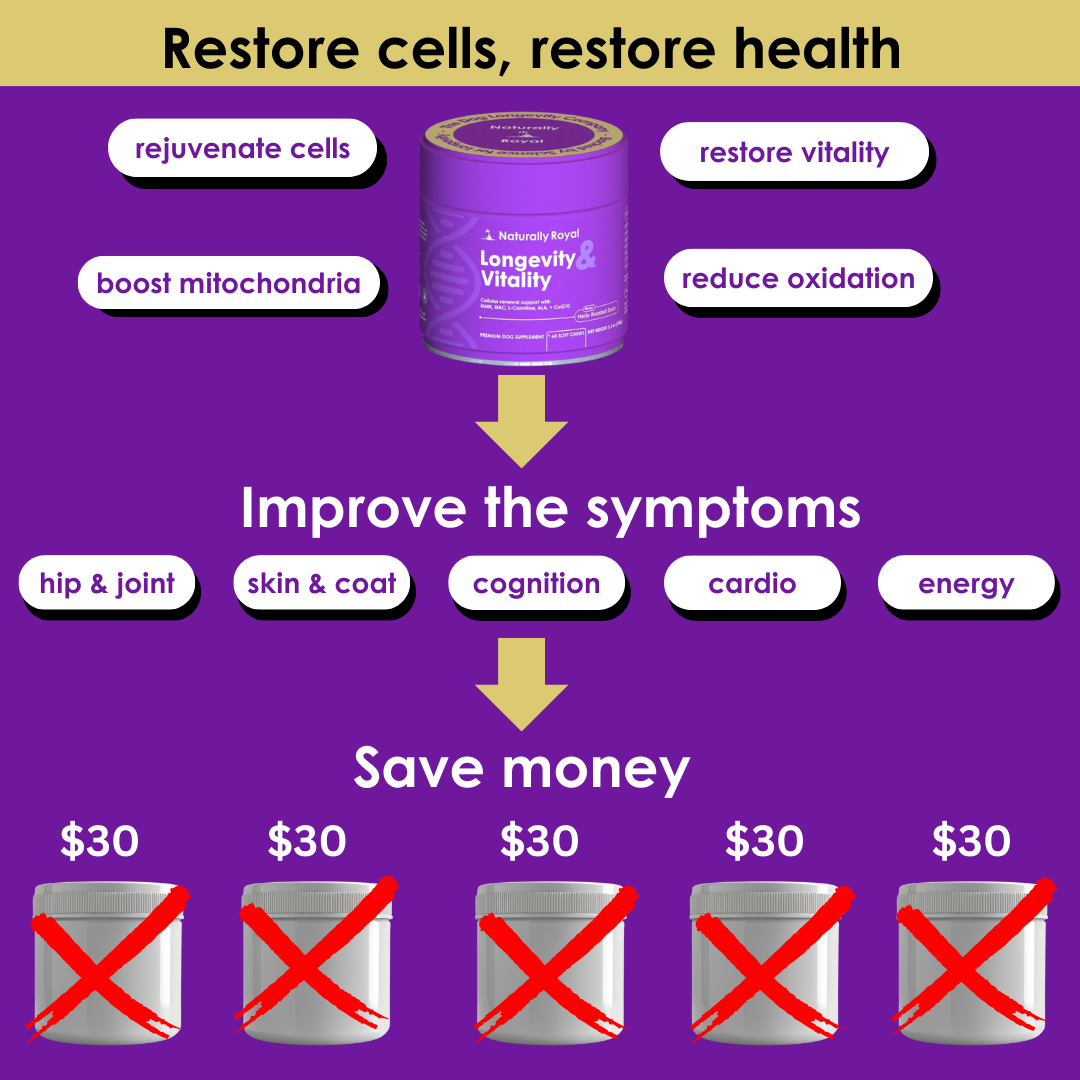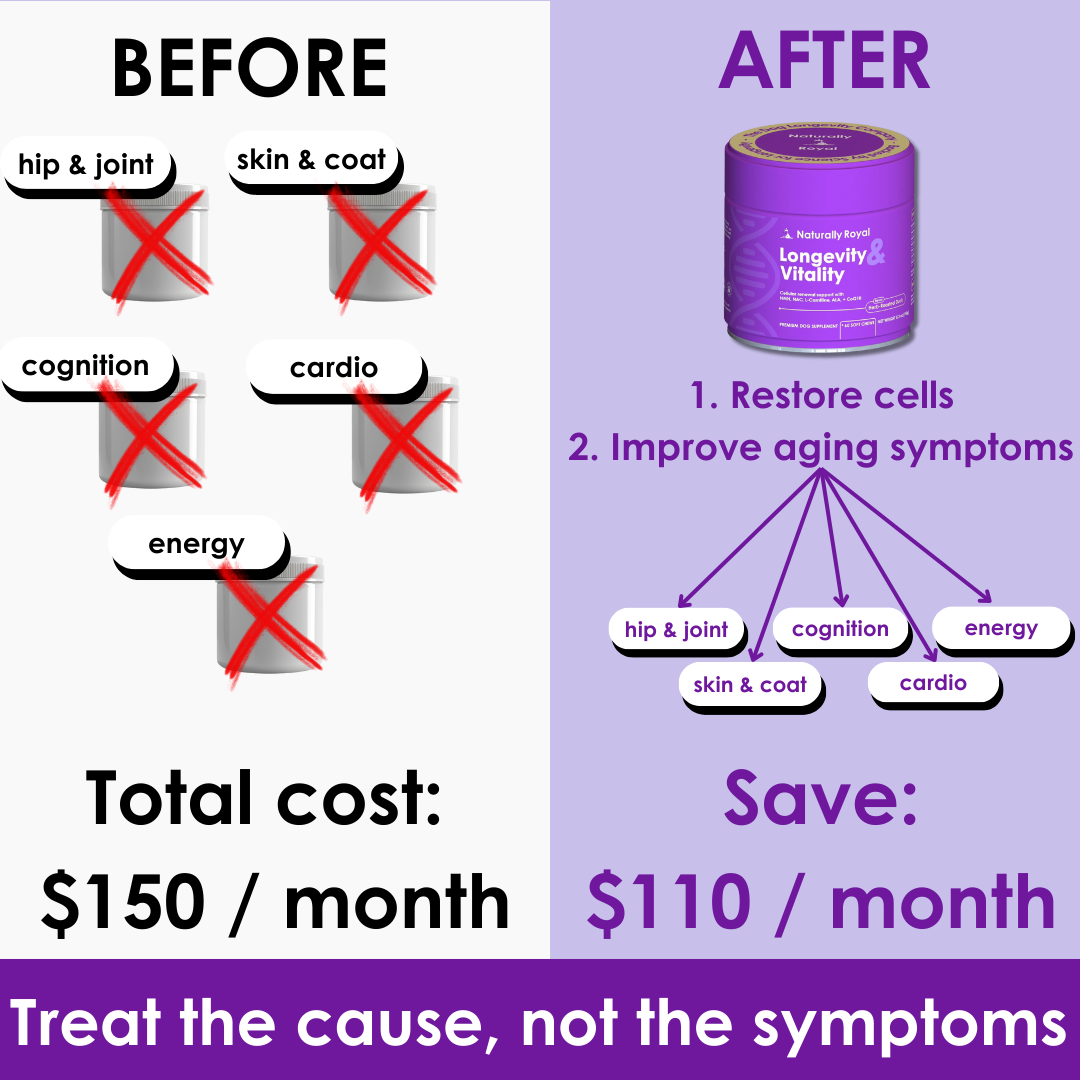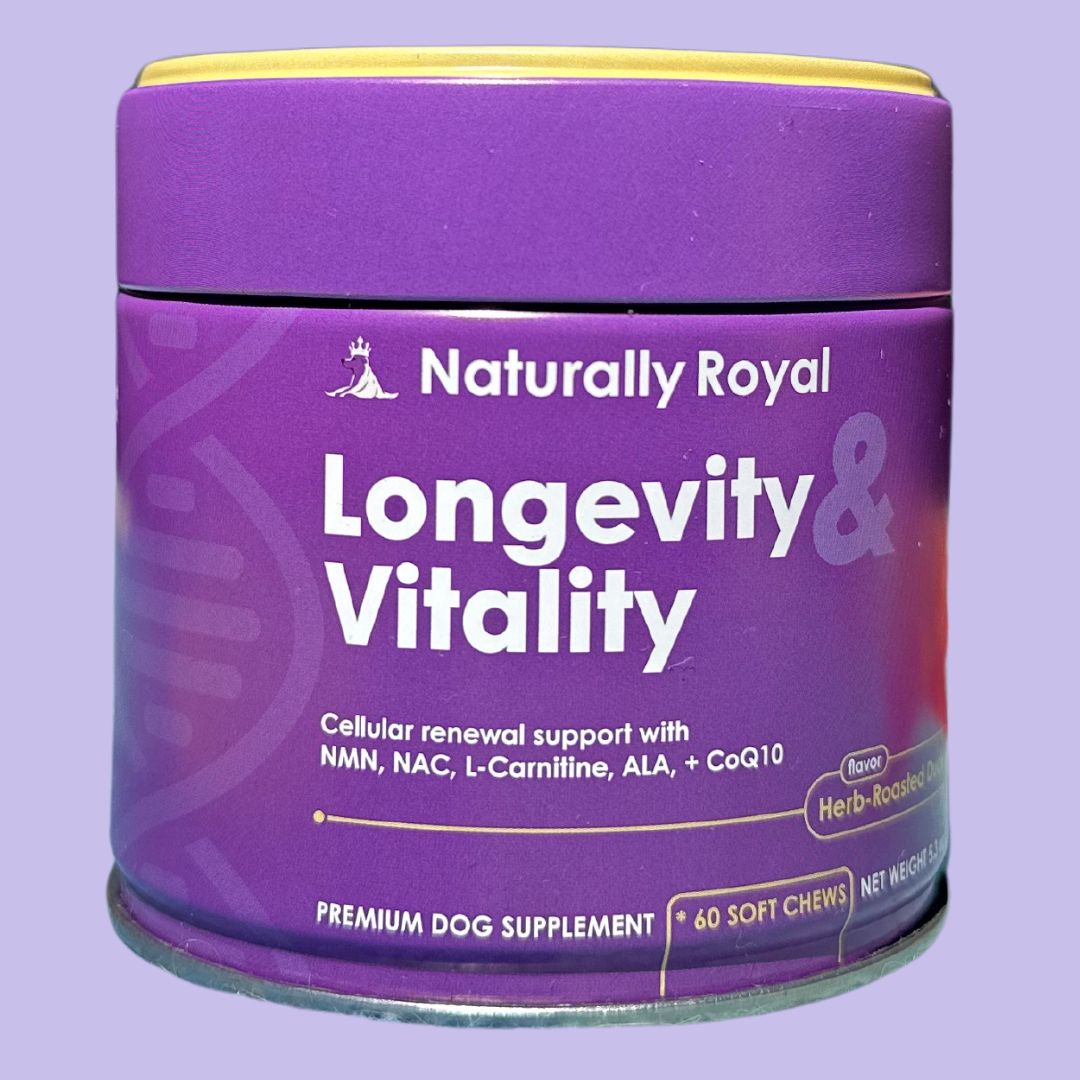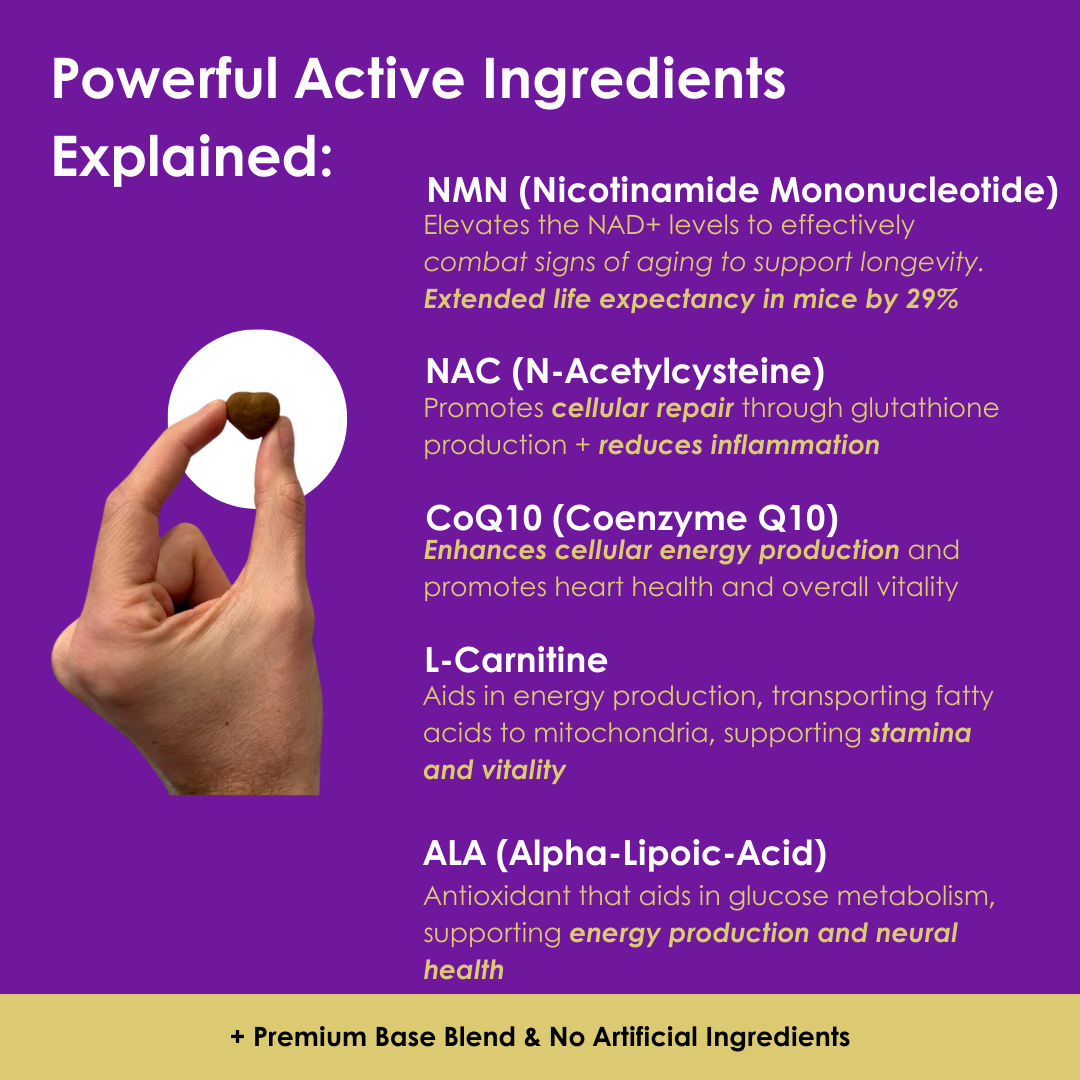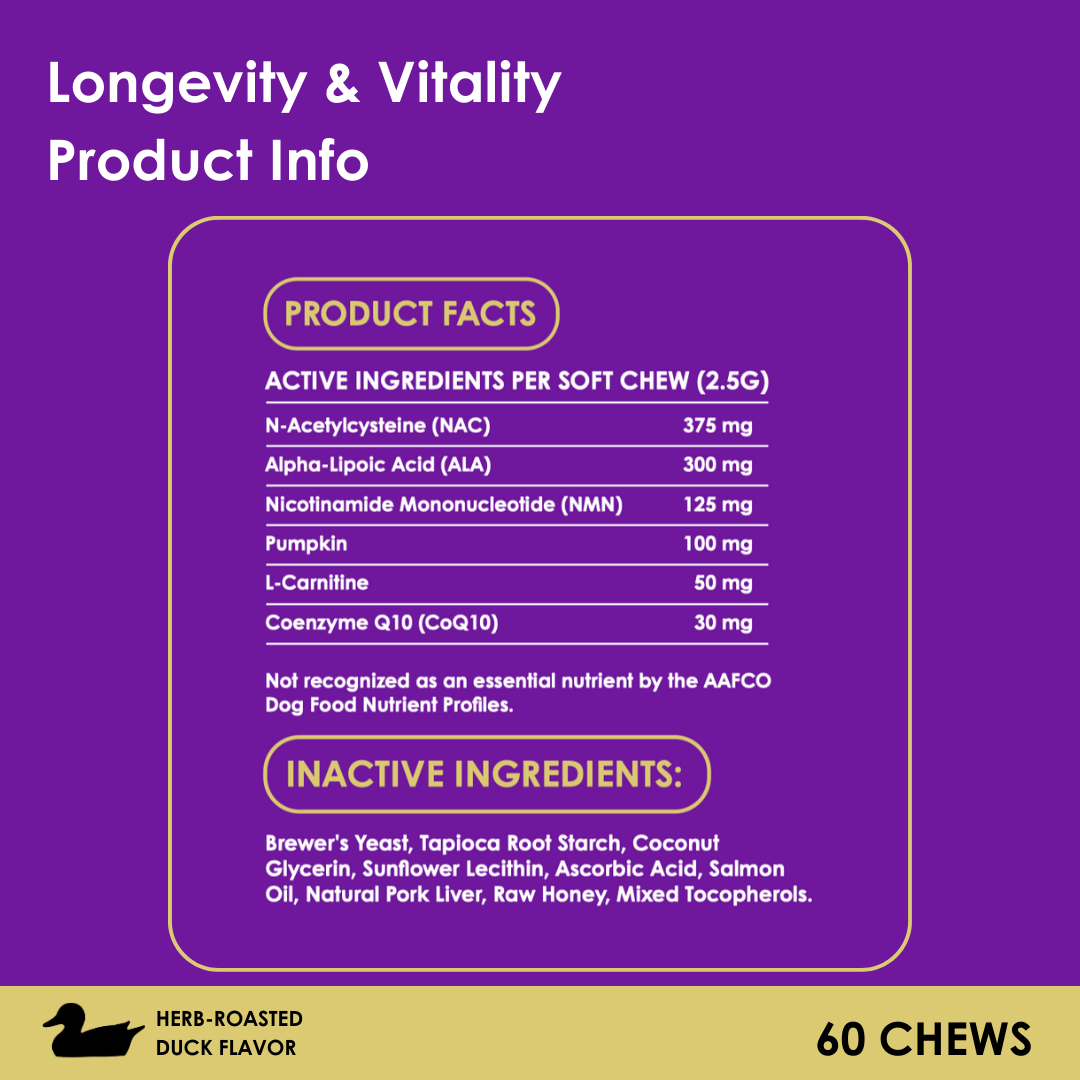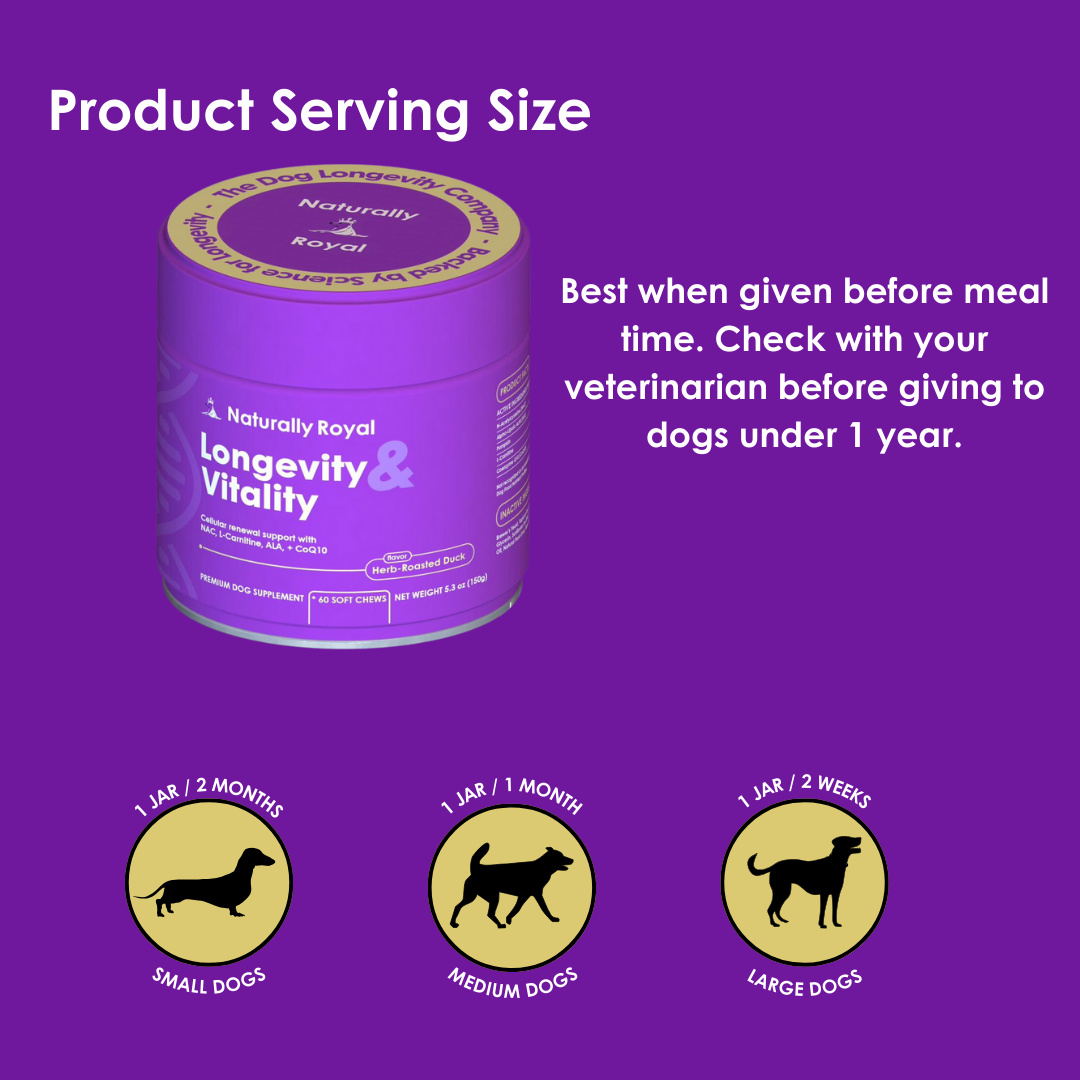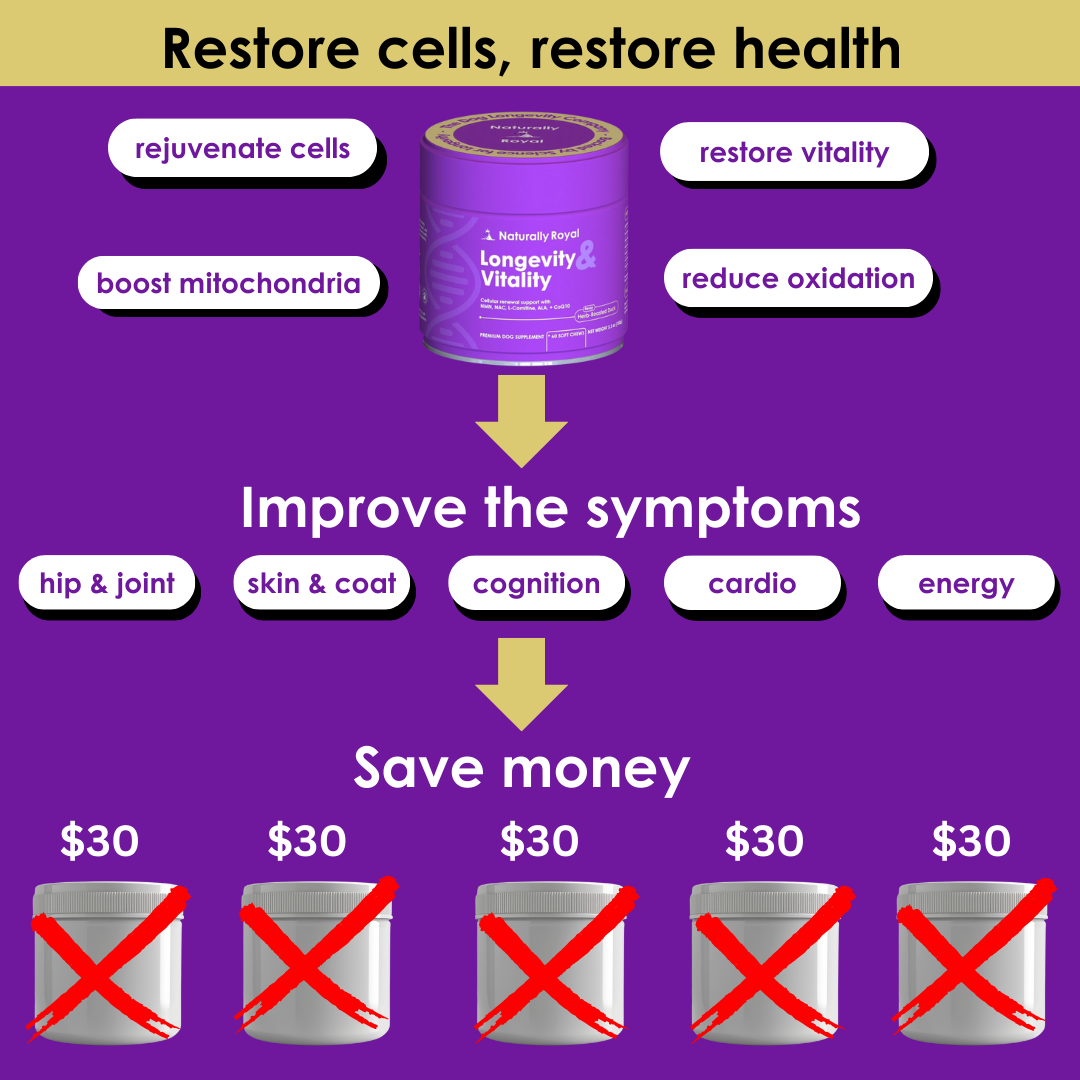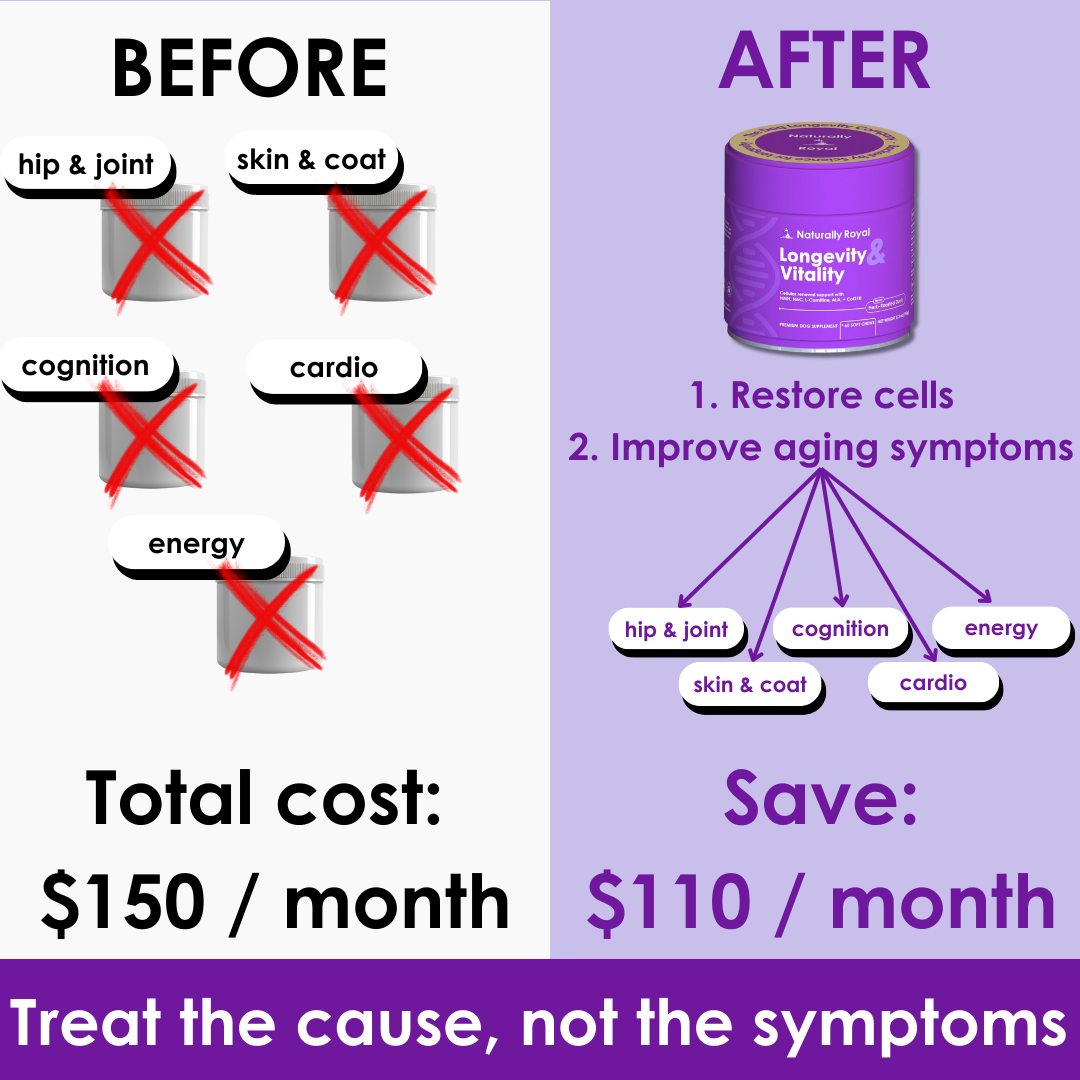Top 10 Poisons Reported by Pet Poison Hotline
Every dog parent wants their baby to live the longest life possible. However, even in the safest homes, certain common items can pose significant risks to our dogs. The Pet Poison Hotline reports thousands of cases each year involving dogs getting into things they shouldn’t.
Here’s a rundown of the top 10 poisons for dogs, so you can keep these dangers out of paw’s reach:
1. Chocolate
Chocolate is a well-known no-no for dogs. It contains substances called methylxanthines (theobromine and caffeine) that can cause everything from an upset stomach to more severe symptoms like tremors and seizures. Darker chocolates are more dangerous, so always keep your chocolate stash securely away from curious snouts.
2. Grapes and Raisins
Though it might seem like a healthy snack, even a small amount of grapes or raisins can cause kidney problems in dogs. Symptoms include vomiting shortly after ingestion, followed by lethargy and, in severe cases, kidney failure.
3. Ibuprofen
This common over-the-counter painkiller can cause stomach ulcers and kidney damage in dogs. Symptoms of poisoning include vomiting, diarrhea, and lethargy. Always keep medication out of your dog's reach and consult your vet for appropriate pain management.
4. Xylitol
Found in sugar-free gum, candy, and some peanut butters, xylitol can cause a dangerous drop in your dog's blood sugar and lead to liver failure. Symptoms include vomiting, coordination problems, and seizures.
5. Bromethalin
This rodent poison interferes with a dog’s brain and liver functions. Symptoms range from weakness and loss of coordination to more severe signs like seizures. Because treatment options are limited, prevention is key.
6. Vitamin D3/Cholecalciferol
This vitamin, found in certain rodenticides and dietary supplements, can cause serious problems like kidney failure when ingested in large amounts. Symptoms include vomiting, loss of appetite, and increased thirst and urination.
7. Marijuana (THC)
With the increase in legalization and availability, marijuana poisoning in dogs is on the rise. THC can cause lethargy, uncoordinated movements, and in severe cases, tremors and seizures. Keep all marijuana products securely stored away.
8. Onions/Garlic
These kitchen staples can cause red blood cell damage leading to anemia in dogs. Symptoms may not appear for several days and can include weakness, lethargy, and a reduced appetite.
9. Anticoagulant Rodenticides
Rat poison can cause internal bleeding that may not be apparent for several days. Symptoms include coughing, vomiting, and difficulty breathing. If you suspect your dog has ingested rodenticide, immediate veterinary care is crucial.
10. Carprofen
While this NSAID is often prescribed for dogs, an overdose can lead to stomach ulcers and kidney damage. Symptoms of poisoning are similar to ibuprofen and include vomiting, diarrhea, and lethargy.
Prevention and Action
Knowing the dangers these substances pose can help you prevent accidental poisonings. Keep medications, foods, and chemicals securely stored, and be mindful of what’s within your dog’s reach. If you suspect your dog has ingested something toxic, contact your vet or the Pet Poison Helpline immediately. Quick action can make all the difference in protecting your dog's health and well-being.
Source: DVM360


